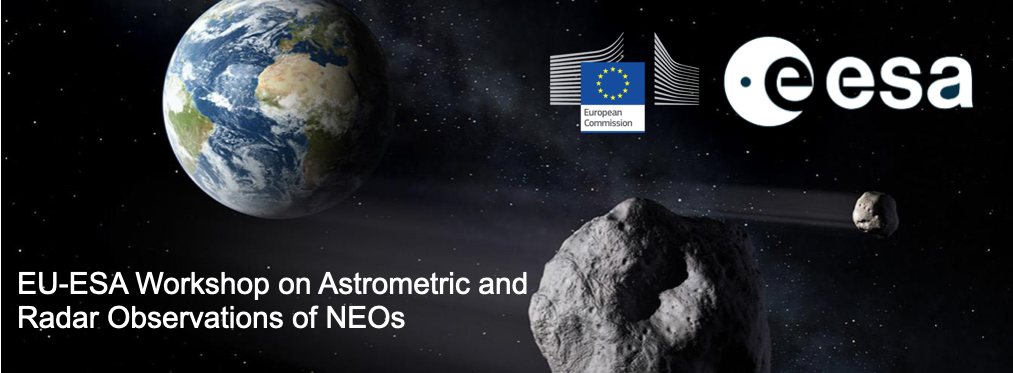Speakers
Description
The Near-Earth Object Coordination Centre (NEOCC) of the European Space Agency is an operational hub that, among other tasks, determines the orbits of near-Earth objects (NEOs) and assesses their probabilities of impacting Earth. Since 2012, the NEOCC has shared NEO-related data via its dedicated web portal (https://neo.ssa.esa.int/). Over the course of its operational phase, significant enhancements have been introduced to the portal, the underlying software, and the data services provided.
A major milestone has been the independent deployment of a new Orbit Determination and Impact Monitoring system, called Aegis. All computations performed by Aegis are publicly accessible through the NEOCC portal, and the system now underpins all primary services. These include an orbital catalogue of all known asteroids, a Risk List of potential future Earth impacts, a close-approach forecast, interactive graphical tools, and an on-demand ephemeris service. Many of these services are also accessible via dedicated APIs, enabling automated data retrieval. This talk presents an overview of the algorithms implemented in Aegis, illustrates its application to planetary defence through practical examples, and summarises the NEOCC services supported by the system.

